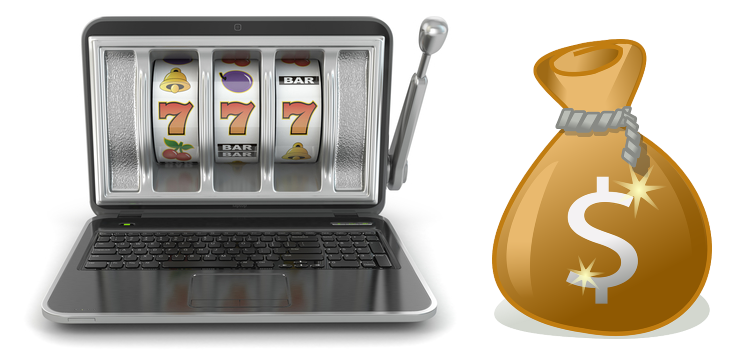Finding the leaks in your poker game is simply a matter of observing how your opponents react to you. Do they bet every time you check? If so then you need to check-raise and bluff induce more. If you are already doing plenty of that then they are making a mistake by betting too much, so capitalize on it. Check raise and bluff induce them more than you would do a normal opponent.
Do opponents call you way more than you would like? Try bluffing a bit less and value betting a bit more. If they continue to call you down all the time it will only cost them money. If they notice what you are doing and start to cal you less then swing back the other way, bluffing more. Does everyone fold every time you raise preflop? If so try missing in a few more raises. Once someone sees you raise 87s in early position you will be amazed at how much more action you get. And if they continue to fold every time you will keep stealing the blinds, and that is fine too. Only the top few hands have an expect value higher than a blind steal so be glad whenever you get them.
This is where poker becomes a very complicated version of rock-paper-scissors. If your opponent keeps throwing out rock you have to keep putting out paper. If he goes scissors you switch to rock. Always try to compensate for your own weaknesses in a long-term fashion, not by trying to make costly short -term adjustments. And always try to capitalize on their weaknesses. If they spot one of your leaks and try to charge you for it, turn it against them.
The luck element of poker makes it infinitely harder than rock-paper-scissors. If a guy keeps raising you, it could be that he just keeps getting great hands. It could be that he found that you are a pushover. Or it could just be that he is a maniac. Careful study of him and lots of time at the tables will help you determine which it is. Careful study of the game and lots of time at the tables will teach you how to eliminate your own weaknesses and take advantage of his.
Furthermore, you are playing an individual game of rock-paper-scissors with every player at the table. And you are going to end up in lots of multi-way hands too, where opponents have conflicting strengths and weaknesses that you need to avoid or take advantage of. This can make finding the right play very complicated. For a game that never gives you more than three options it is rather complex, isn’t it?
Do be sure to try to avoid seeing weaknesses that aren’t there. This is hard to do and again comes with experience. I am truly sorry to keep repeating that line, but there really are some things you just have to learn form experience. You wouldn’t want a college student to read a book on brain surgery and then repair your aneurysm. Similarly you can’t expect to read a Hold’em article (or an article on chess, go, backgammon, or any other game worth playing) and be an overnight expert.
So play often and as you do, watch your opponents. See how they react to you and each other. You can discover holes in other people’s games just by watching their opponents as well as you can your own. But be sure to walk the fine line between discovering flaws and seeing things that aren’t there. And always be sure to look for long term solutions to your own problems. Don’t try to plug up a hold in the short-term by making a bad play. Just do the best you can for now and try to make a permanent adjustment to your game afterwards.
By sas_wanderingrobots
Hello there! My name is Jeff and I write the secrets to making tons of money playing poker online. If you want more valuable poker playing tips and techniques, check out my website at http://poker.theinformationexperts.com
Play Better Poker Now!
Submitted by: Super Article Submitter











No Comment